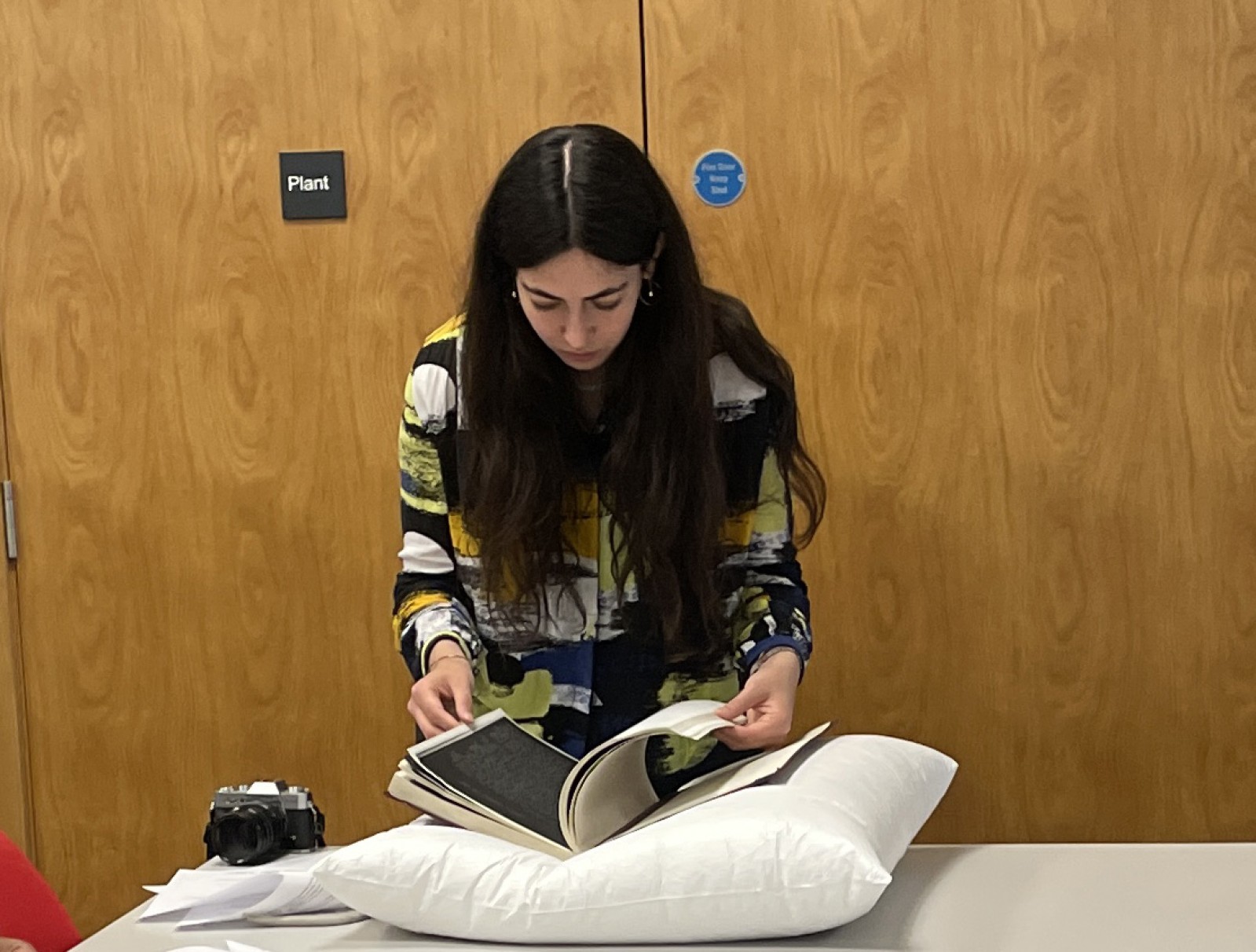Writing letters for me is something quite personal - it already starts with having the intention of writing one to someone followed by the process itself. I need space and time to focus on what I am writing and what I want to write.
Even without including necessarily any private details in it: writing letters are personal. They include thoughts of a person which are maybe not easily shared and/or spoken out, they include events, fears, wishes, reflection, or just a simple check-in with a loved one.
When I read the mail about the new project of PRONI and saw the title “Leaving. Crossing. Arriving” I was already intrigued. The next bit was the letters. Throw in a glimpse into the archive. Well, I signed up!
I remember something along the lines of what this project is aiming to have migration history digitally accessible. And I am happy to confirm this has happened throughout the online and in-person sessions!
The project started with us, participants, meeting virtually every Tuesday throughout May. One of the first tasks was using dippam.ac.uk and learning more about the migration history of Ireland and Northern Ireland.
Until that session, I was not aware of DIPPAM and the enormous collection it has. If you are interested in having a look into the lives of people who migrated from and to Ireland, please go ahead. I mean the database is called the “Irish Emigration Database”. Disclaimer: It is a bit addicting.
The first time I used it I just put first random words around family events such as weddings, birthdays and funerals, and played a bit with the time frame. Eventually… I did come across the letters of Mary Cumming (D1475/2).
She wrote a letter to her sister and let her know that they have arrived safely in the United States and that she is looking forward to hearing from her. When I typed in Mary's name into the search bar, I was not ready to find many other letters: the first one on the database dates back to 1811, and the last one is from 1815.
Actually, all these letters are now a published book, and one can follow the story and the life of Mary from their journey (her husband and her) leaving Ireland, to arrive in England and travel over to the United States.
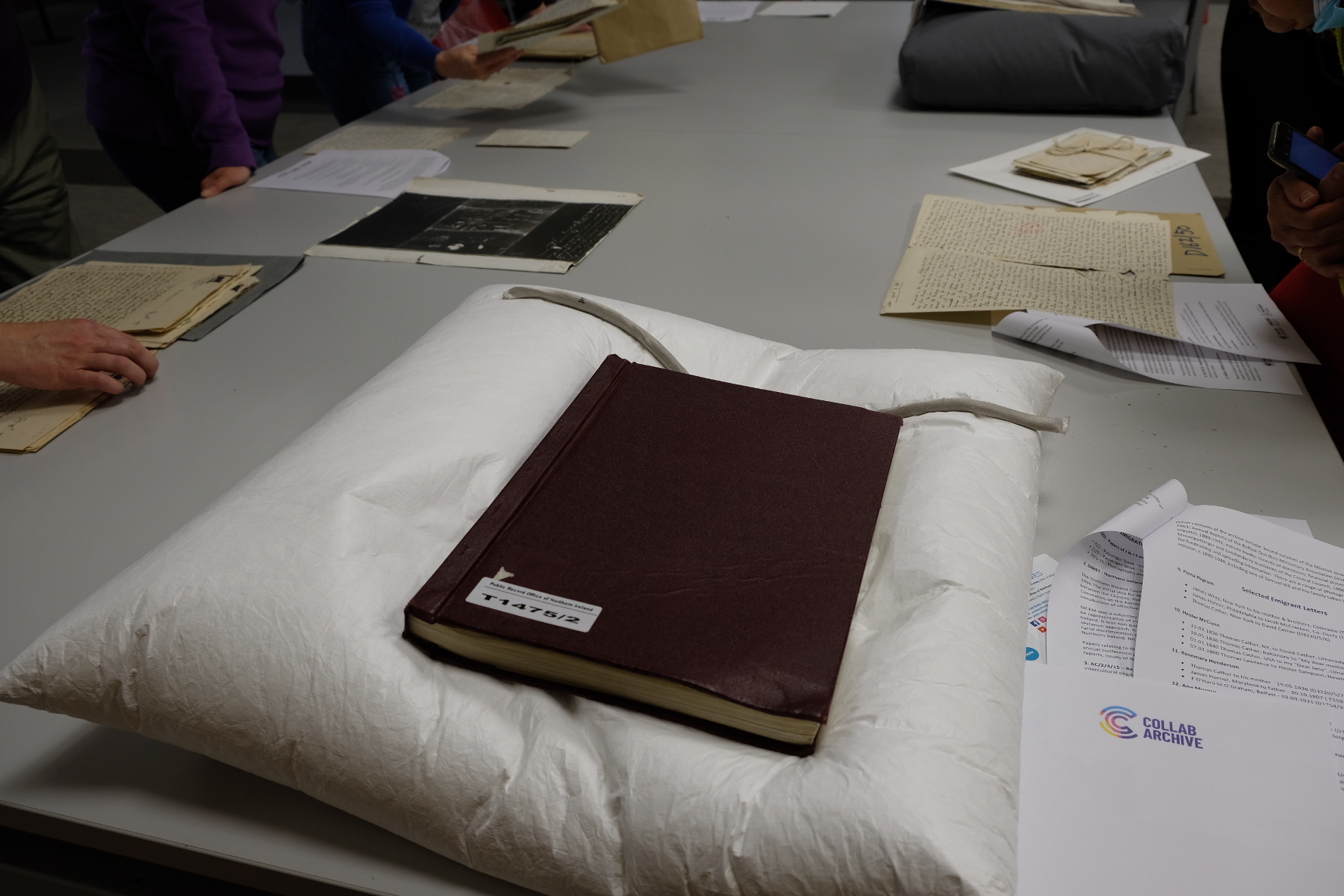 Bound volume of c.20 letters from Mary Cumming (T1475/2)
Bound volume of c.20 letters from Mary Cumming (T1475/2)
I found the letters quite moving, and one can easily see how loving her relationship with her sister was. Her letters are affectionate and polite and through the letters, I could glance into the life of a woman in the early 1800s trying to settle into her new life of living abroad, being a wife, and eventually being also a witness of Mary's battle of trying to become a mother.
Apropos mother, during one of the sessions we talked about who we are going to write the letter to - as letter writing is part of the project-, here I have to admit I did not really think a lot about the recipient, but when it was my turn, I answered with “my mom”. Maybe I was influenced by Mary's letters or by the item that reminds me of home (which was part of another session, and the item I had with me was a çember).
I have to admit writing the letter took a bit longer than I had anticipated. Looking back and reflecting on the process I think it was because I was addressing the letter to my mom, and knowing that someone else will have access to and read it. Maybe you?
With the online sessions and two in-person sessions/days (one was actually in PRONI, and it was quite intriguing for me to get a look behind the scenes of an archive but especially being able to understand what goes in to preserve and make papers and records - letters!- accessible to the public). The last session and part of this project was the podcast recording. The two facilitators from Poca Productions were patient with me and encouraged me.
I might have gone a bit over the agreed two minutes, but I have enjoyed being part of this project very much. It was engaging (and I was not expecting less from the team), it was informing and it surely served its purpose of having migration history digitally accessible.
You can see below some of the letters I've selected for my podcast:
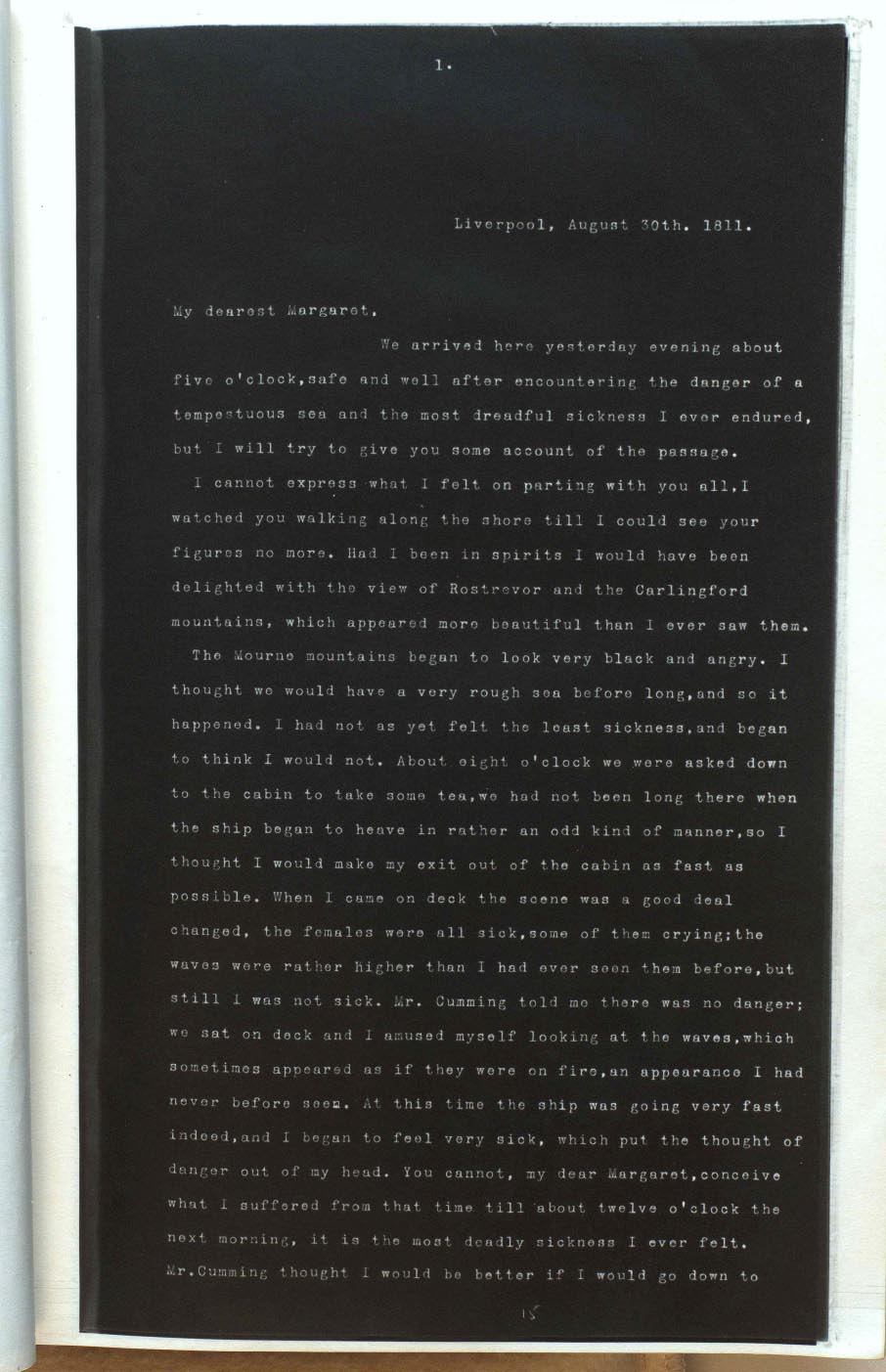
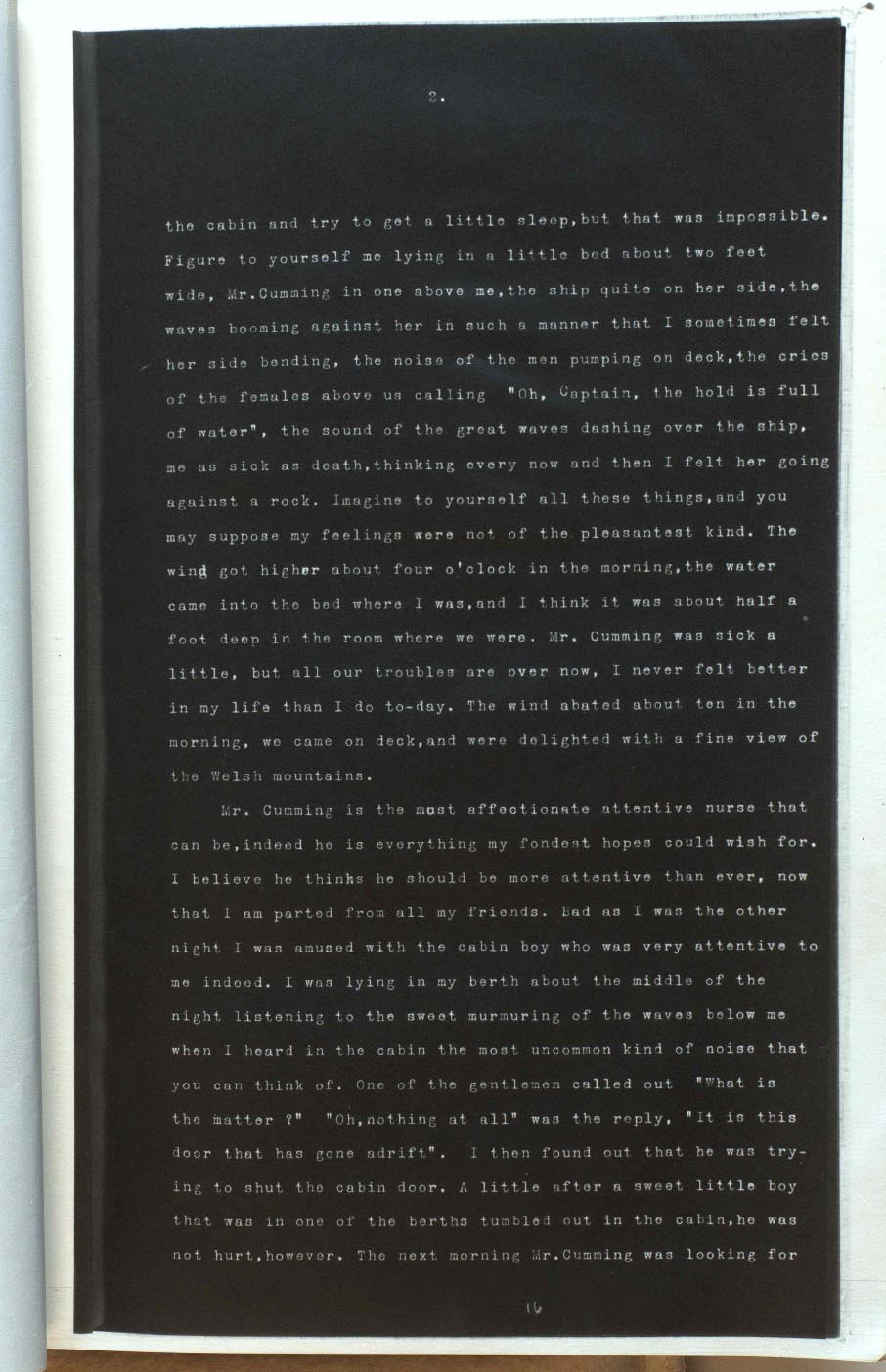
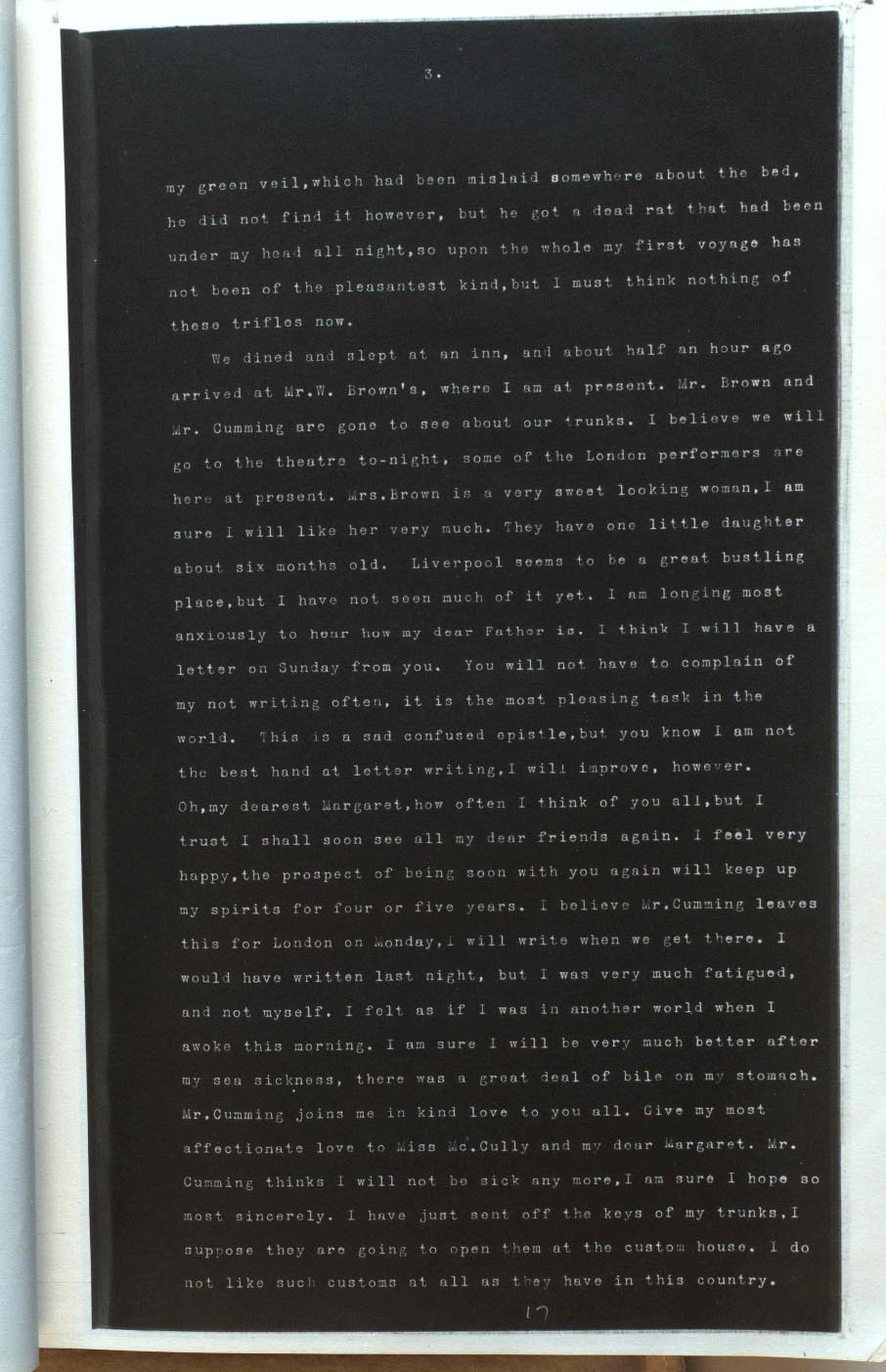
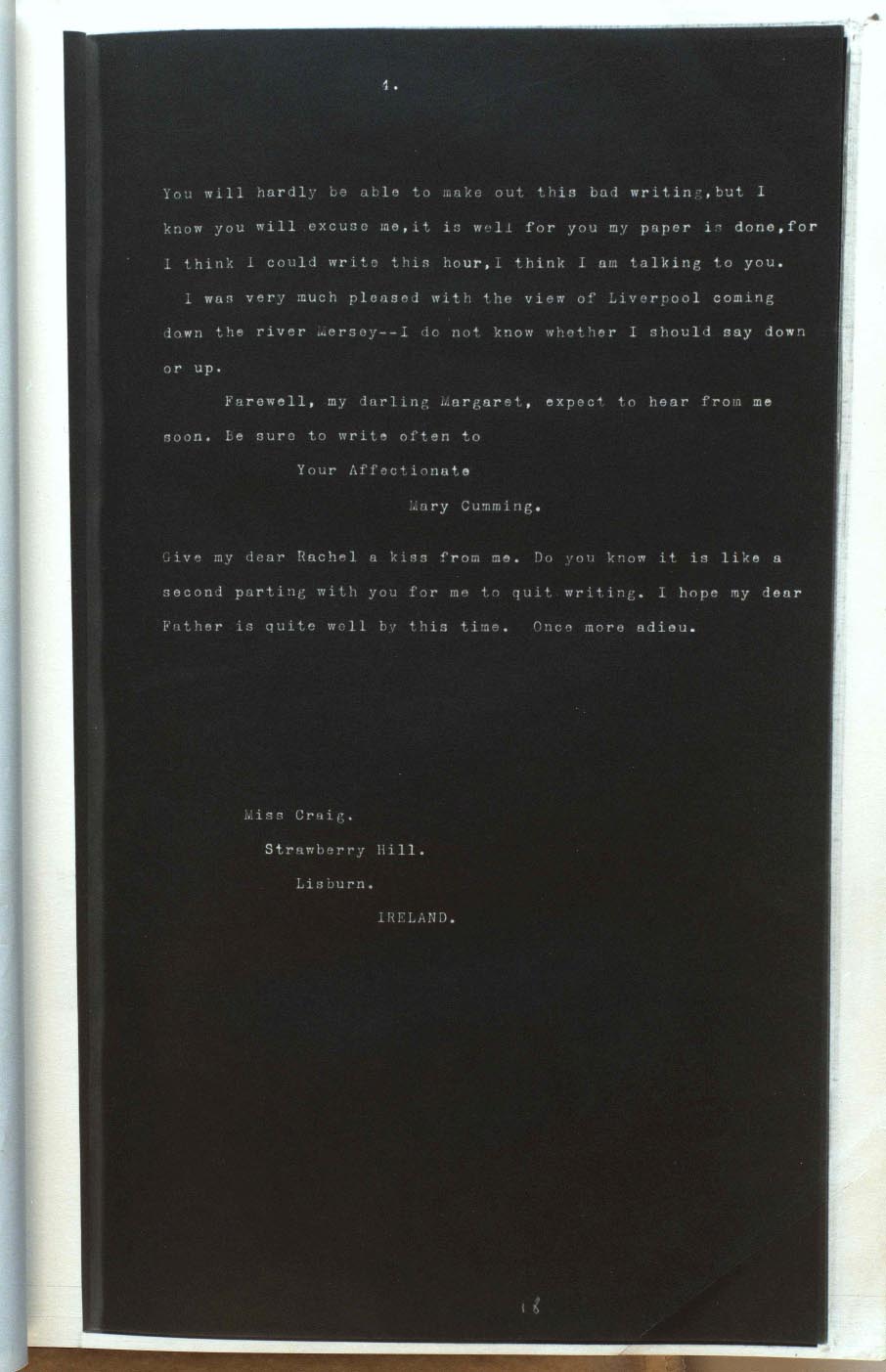
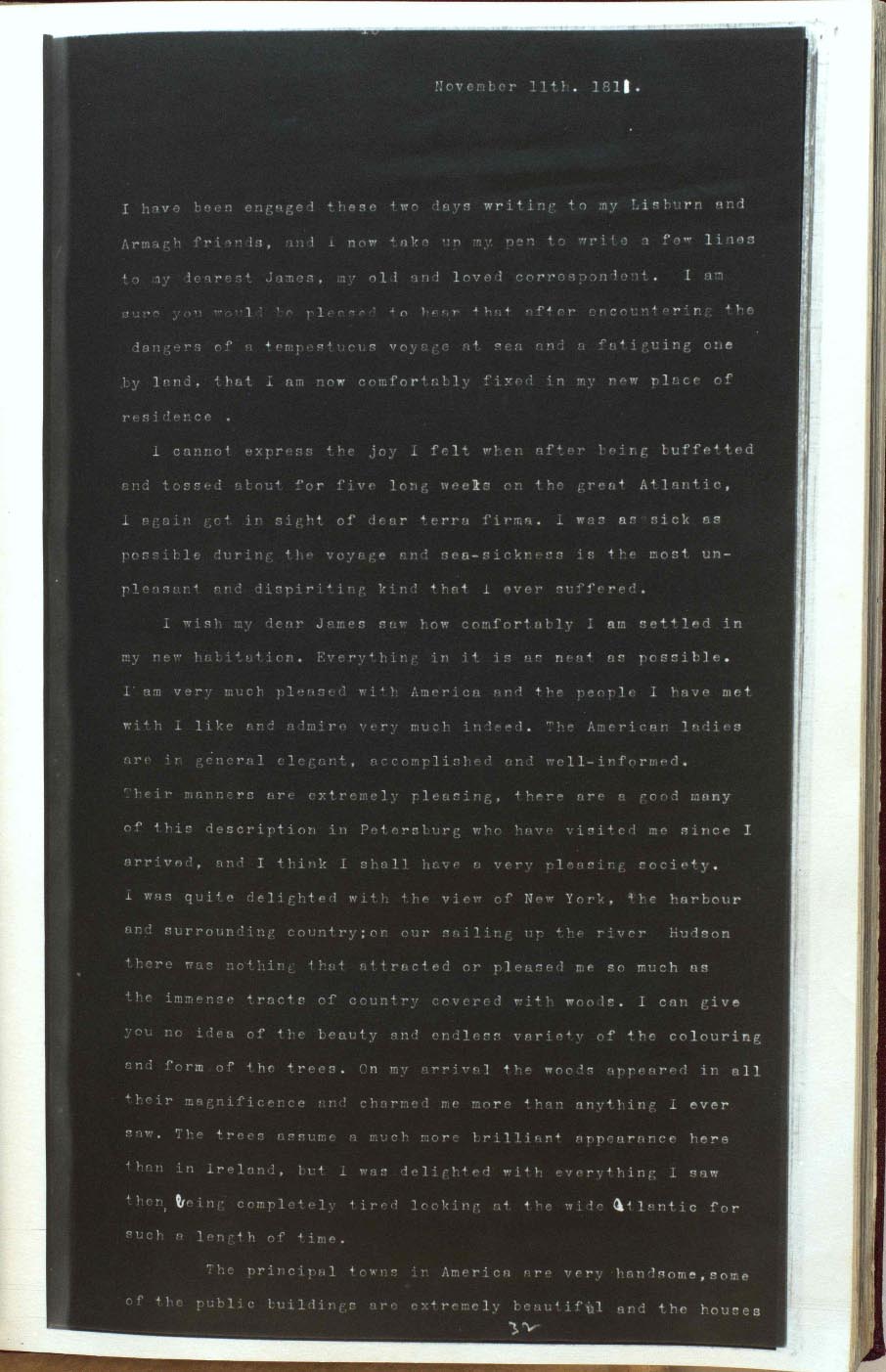
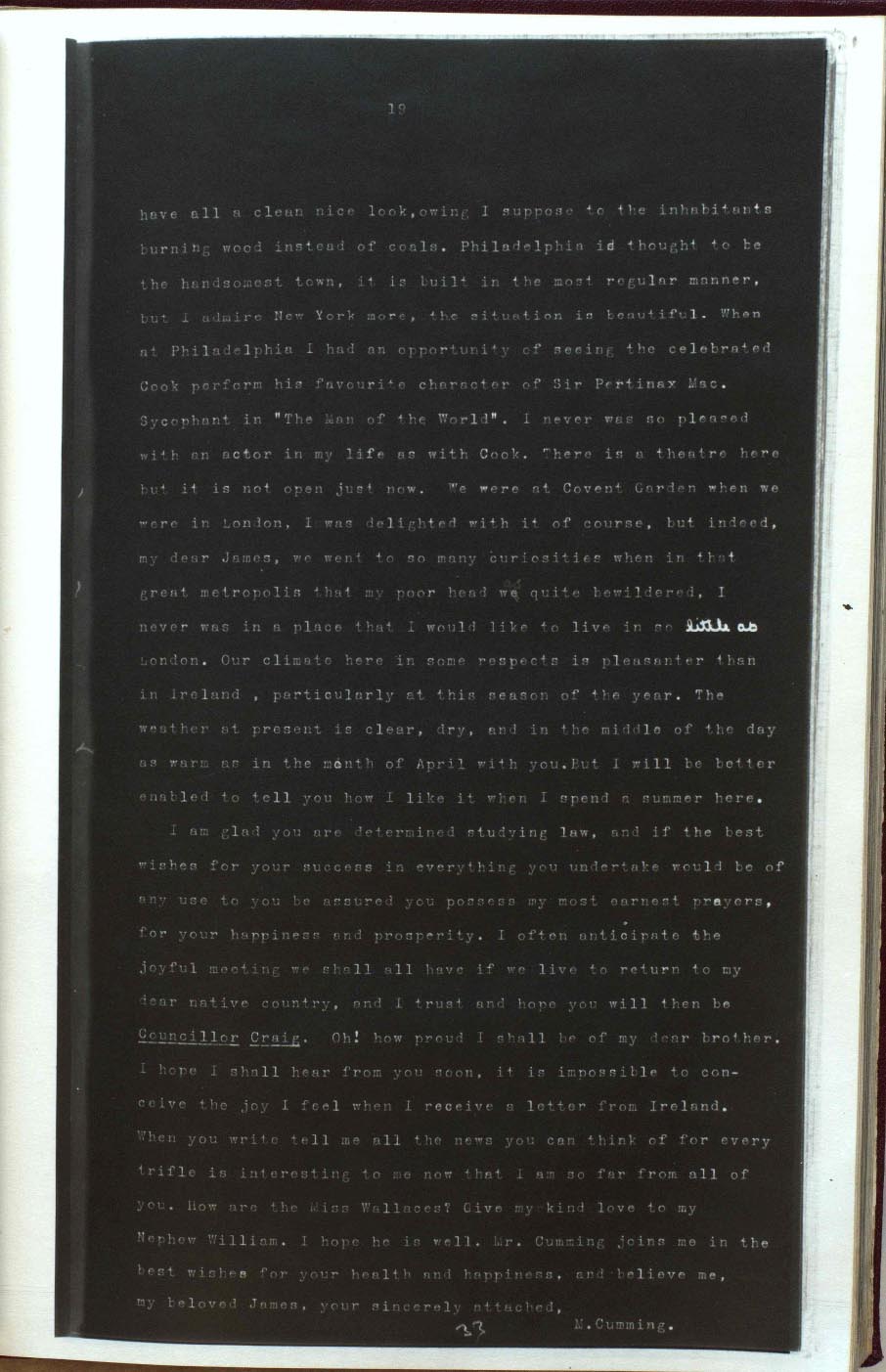
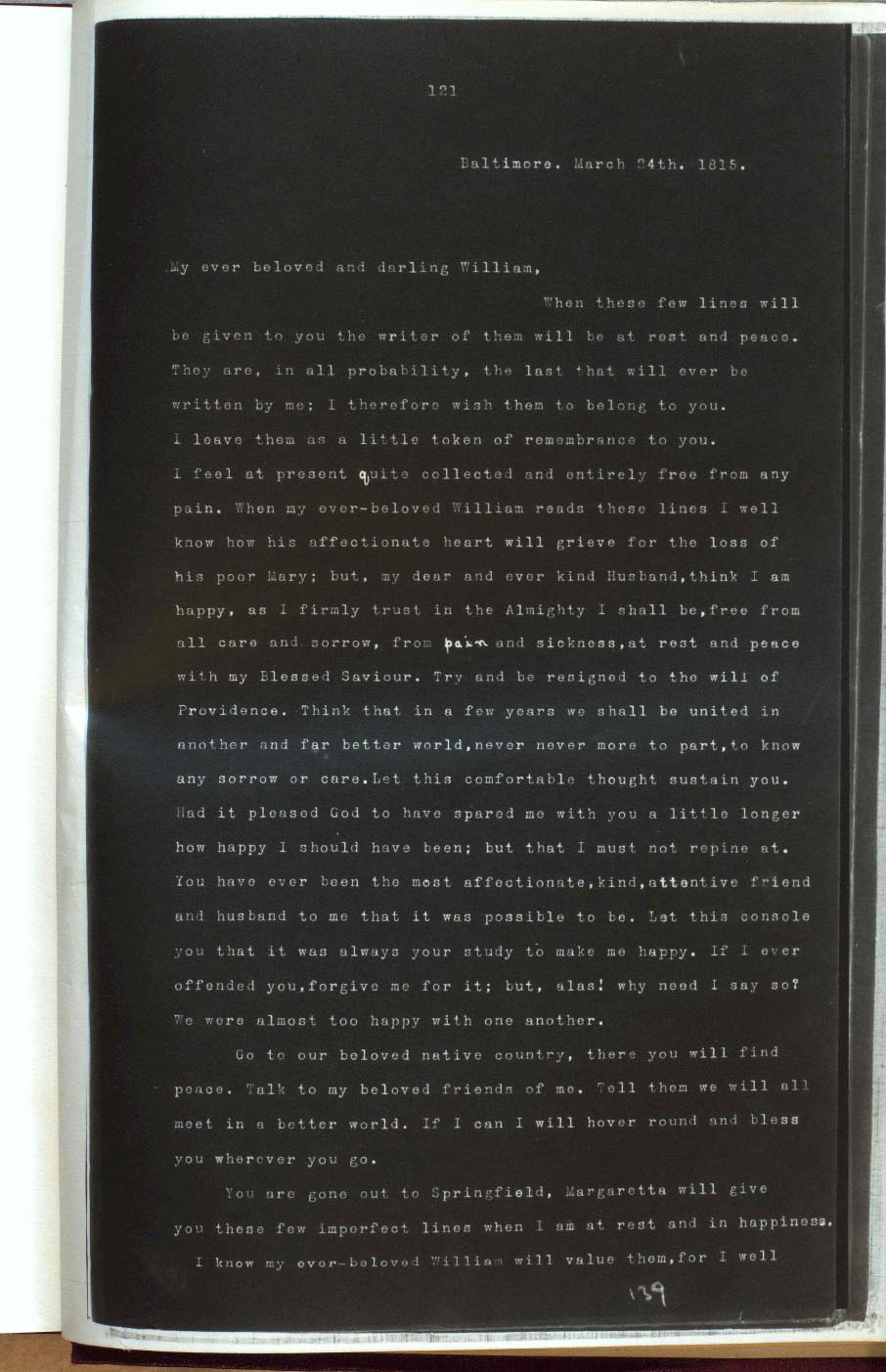
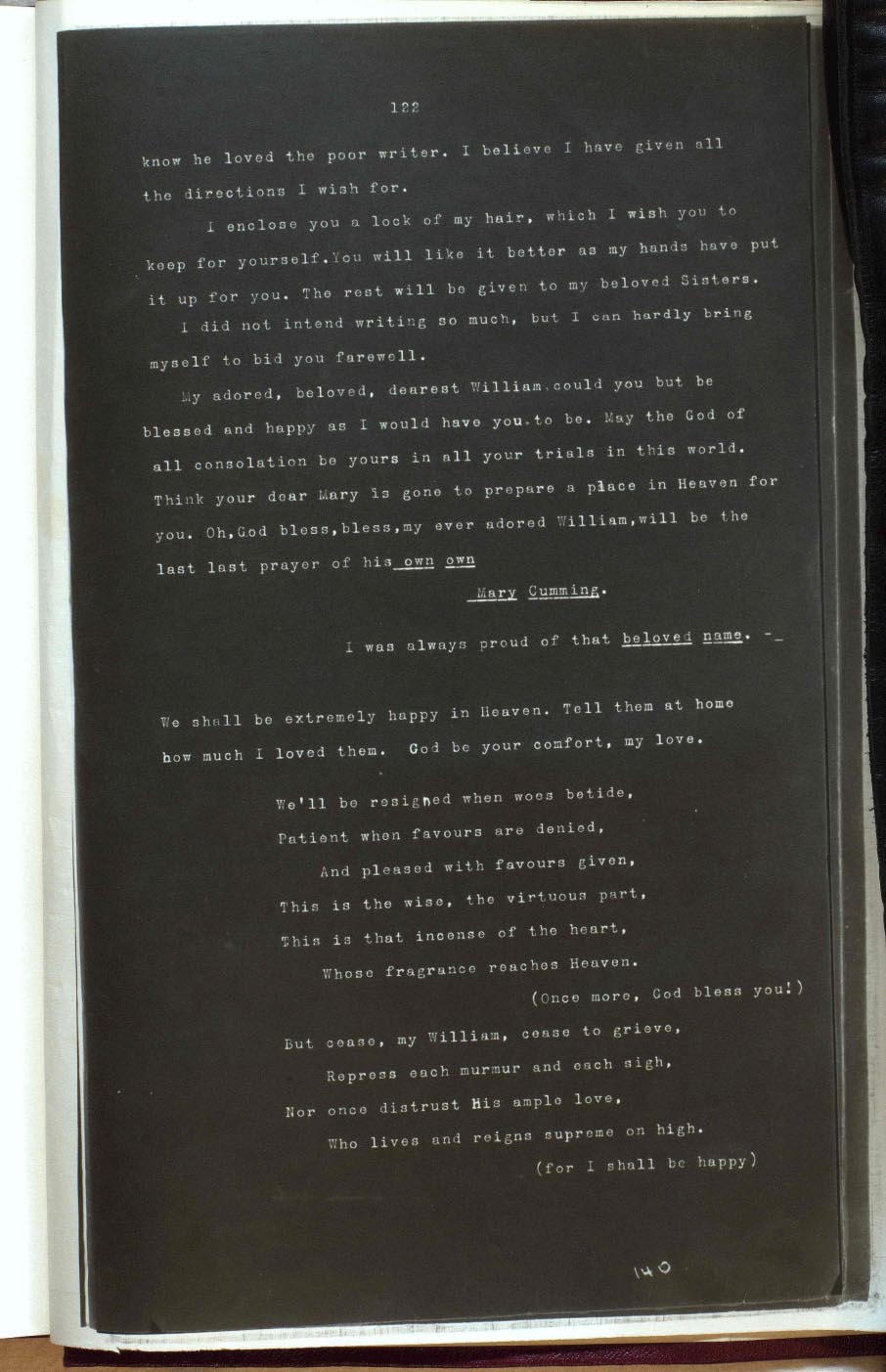

The On The Importance of Letter Writing blog by Canan Curt is licensed under Creative Commons Attribution 4.0 International License.
